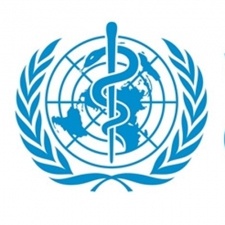The World Health Organisation has officially added 'gaming addiction' to its Compendium of Diseases.
This follows the disorder being part of the body's proposed addition to the 11th edition of the resource, dubbed ICD-11.
According to the ICD-11, gaming disorder is when a person loses control over their ability to play games - they can't choose how, when or for how long they spend playing games. Additionally, there are negative consequences on their life.
Gaming disorder is one of many mental health conditions that the WHO that have been changed - they have been simplified and diagnostic descriptions have been added. In a video on the organisation's website, Dr Shekar Saxena, who heads the Department of Mental Health and Substance Abuse, say that gaming disorder is "uncommon, but are still very important".
"ICD has to keep pace with the evolving disorders and diseases and [gaming disorder] is one of them," Saxena. "Gaming disorder has been added because of very clear scientific evidence that it has characteristic symptoms, and that there is need and demand for treatment from many regions of the world. This will help people become more aware about this entity, and seek and get treatment.
"Everyone who indulges from gaming from time-to-time doesn't have this disorder; it's only a minority of people who game who will satisfy the strict criteria for gaming disorder in ICD-11."
Despite what is - admittedly - a pretty even-handed handling of the situation, gaming organisations from around the world have expressed concern at the its inclusion.
"Video games across all kinds of genres, devices and platforms are enjoyed safely and sensibly by more than 2 billion people worldwide, with the educational, therapeutic, and recreational value of games being well-founded and widely recognised," the statement read.
"We are therefore concerned to see ‘gaming disorder’ still contained in the latest version of the WHO’s ICD-11 despite significant opposition from the medical and scientific community. The evidence for its inclusion remains highly contested and inconclusive. We hope that the WHO will reconsider the mounting evidence put before them before proposing inclusion of ‘gaming disorder’ in the final version of ICD-11 to be endorsed next year. We understand that our industry and supporters around the world will continue raising their voices in opposition to this move and urge the WHO to avoid taking steps that would have unjustified implications for national health systems across the world."

















